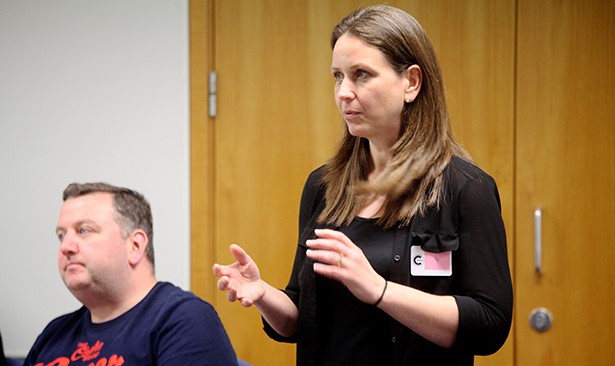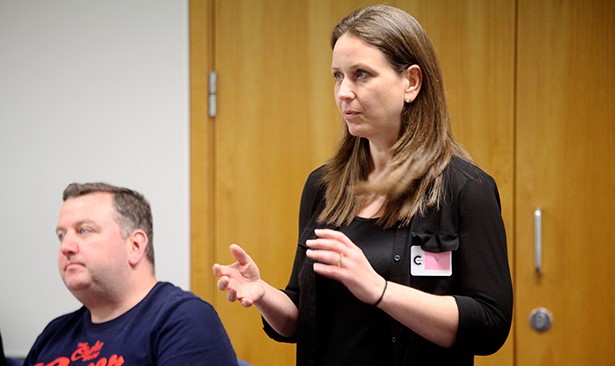
Senior executives - whether they’re long established or new to the business, heading up the whole organisation or a single department - are expected to be models of professionalism, to know the answers and to be able to make the right decisions.
Human beings do not experience themselves as rock solid and always being sure of themselves. This often means that many of us experience and live with ‘imposter syndrome’, the fear of being found out.
‘’People in senior leadership positions can feel the need to push these feelings aside, which in turn can lead to forming a defensive and protective shell.’’
This can then lead to a lack of flexibility, lack of empathy and an inability to connect with people. Without awareness our buttons can be pushed and we can easily respond in ways that we later regret.
Don’t let it be that way. Beyond everyday personal effectiveness, organisations as a whole need a ‘human’ leader, an open personality that employees can recognise and appreciate as one worth following. No organisation can afford to appear to be a machine operating in a vacuum untouched by issues of sustainability, social inequalities, the rise of Artificial Intelligence and the threat to jobs. Leaders don’t need to just make the numbers better, but to project a picture of human values and where they stand in relation to all of these issues.
'’Therefore being self –aware is a key ingredient to being a successful and inspirational Leader.‘’
Senior managers haven’t always been comfortable with the idea of talking about themselves. When I first started running the Personal Transformation for Leaders Programme (PTfL) in the 1980s there would be a tremor of unease around the room when I introduced myself as a psychologist. Was I going to be looking straight through their professional personas, exposing inner secrets? Now there are very few leadership programmes that don’t include an element of mindfulness and all-round health to them.
‘’Leaders see the importance of themselves as people and will talk about problems and their vulnerabilities as well as their qualities that can be pushed to the fore.’’
PTfL has proven itself over the past 35 years as a forum that works for leaders. More than 1,000 senior leaders in organisations like the BBC, Nissan and PricewaterhouseCoopers have been through the process. Older leaders have sent their successors; fathers have sent their sons and daughters. The programme creates a safe space where people in leadership positions can open up and talk and listen to their peers. They experience that everyone has a story and there is often great relief when they hear how other leaders share the same experiences and issues. Friendships are made, and groups of participants stay in touch with each other for years afterwards.
PTFL is about much more than Emotional Intelligence or gaining skills. People are able to experience that being more open and allowing a degree of vulnerability makes them stronger and more effective leaders. As one past participant put it: "It’s about becoming a better leader by becoming a better person."
Author
Dr Ido van der Heijden, Visiting Fellow for Praxis at Cranfield School of Management




